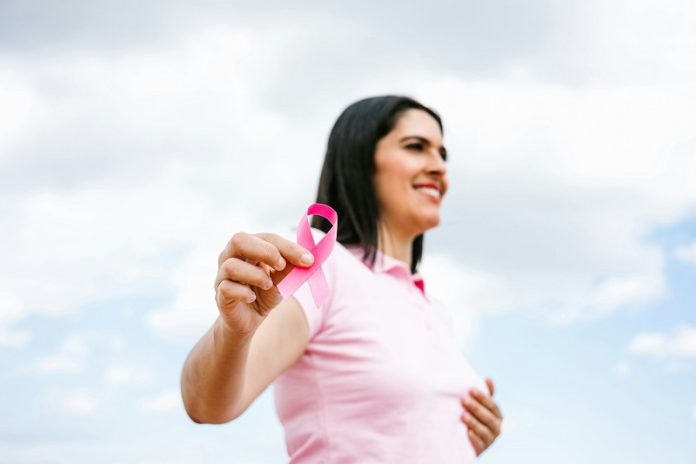
Breast cancer is one of the most common cancers worldwide, affecting millions of women each year.
While some risk factors, such as age and family history, are beyond your control, many lifestyle choices can significantly lower your chances of developing breast cancer.
Research has shown that adopting healthy habits can make a big difference, offering hope and empowerment in reducing risk.
One of the most effective ways to lower breast cancer risk is to maintain a healthy weight. Studies have found that being overweight, especially after menopause, increases the risk of breast cancer.
This is because fat tissue produces estrogen, and higher levels of estrogen can fuel the growth of some types of breast cancer. Regular physical activity helps not only with weight management but also with reducing inflammation and regulating hormone levels.
The American Cancer Society recommends at least 150 minutes of moderate exercise, like brisk walking, or 75 minutes of vigorous exercise, like jogging, each week.
Eating a balanced diet is another powerful way to protect yourself. While no single food can prevent breast cancer, a diet rich in fruits, vegetables, whole grains, and lean proteins provides essential nutrients that support overall health.
Some studies suggest that diets high in fiber and low in saturated fats are particularly beneficial.
Foods like berries, leafy greens, nuts, and fish are full of antioxidants and healthy fats that may reduce inflammation and cancer risk. Limiting processed foods, sugary drinks, and red or processed meats can also help lower risk.
Alcohol consumption is a well-established risk factor for breast cancer. Even small amounts of alcohol can increase your risk, as alcohol raises estrogen levels and damages DNA in cells.
Research has shown that women who have three alcoholic drinks per week have a 15% higher risk of breast cancer compared to non-drinkers. For those who choose to drink, keeping alcohol to a minimum—no more than one drink per day—is recommended.
Smoking is another habit that has been linked to breast cancer, especially in younger women. Cigarettes contain harmful chemicals that can damage DNA and contribute to cancer development.
Quitting smoking not only lowers your risk of breast cancer but also improves your overall health and reduces the risk of many other diseases.
Hormone therapy, often used to manage menopause symptoms, can also affect breast cancer risk. Long-term use of combination hormone therapy (estrogen and progesterone) has been shown to increase the risk of breast cancer.
If you’re considering hormone therapy, talk to your doctor about the risks and benefits and explore alternative options if possible.
Breastfeeding may offer protective benefits against breast cancer. Research suggests that women who breastfeed have a slightly lower risk, especially if they breastfeed for a longer duration.
Breastfeeding is believed to lower hormone levels and may help shed breast tissue cells that have potential DNA damage.
Regular screenings and self-awareness are critical for early detection, which can save lives. Mammograms are recommended starting at age 40 or earlier for women with a high risk of breast cancer.
Knowing what’s normal for your breasts and reporting any changes, such as lumps, pain, or unusual discharge, to your doctor can lead to earlier diagnosis and better outcomes.
Staying stress-free and maintaining a positive outlook can also support overall health. While stress alone doesn’t cause breast cancer, chronic stress can weaken your immune system and affect hormone levels.
Mind-body practices like yoga, meditation, and spending time outdoors can help reduce stress and promote well-being.
Lastly, genetic testing may be an option if you have a strong family history of breast cancer. Mutations in genes like BRCA1 and BRCA2 can significantly increase risk, but knowing your genetic status allows you to take preventive measures, such as more frequent screenings or even preventive surgeries.
Reducing your risk of breast cancer involves a combination of healthy habits and regular medical care. By staying active, eating well, limiting alcohol, avoiding smoking, and keeping up with screenings, you can take meaningful steps to protect yourself.
While no prevention method is 100% effective, these changes can make a big difference in lowering your risk and improving your overall quality of life.
If you care about breast cancer, please read studies about how eating patterns help ward off breast cancer, and soy and plant compounds may prevent breast cancer recurrence.
For more health information, please see recent studies about how your grocery list can help guard against caner, and a simple way to fight aging and cancer.
Copyright © 2024 Knowridge Science Report. All rights reserved.



